Public vote on first heroine to enter Hall of Heroes
- Published
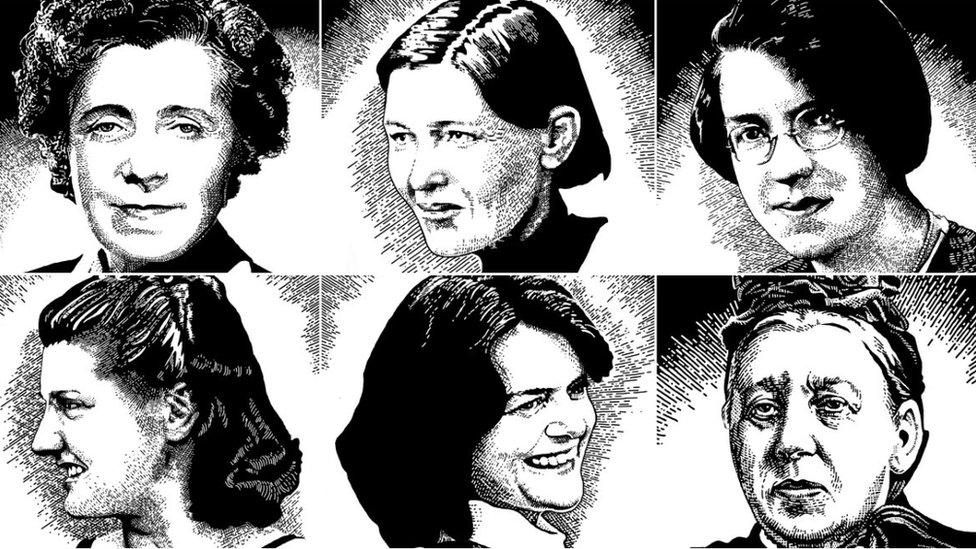
The Hall of Heroes at The National Wallace Monument honours the legends of Scotland's history.
It is home to 16 grand busts of figureheads like Robert Burns and John Knox - people who are recognised for helping to shape the history of their country.
But not one of them is a woman.
Now, for the first time in more than 100 years, a new bust is set to be added to the collection - and this time it will be a heroine.
A list of more than 200 remarkable women has been whittled down to a shortlist of 14 by a female-only selection panel.
'Determination, fortitude and spirit'
It will be up to the public to vote for their preferred choice in an online poll, external.
Among the women on the selection panel was the chairwoman of Stirling District Tourism, Zillah Jamieson.
She said: "These historic female figures have been chosen because they have shaped Scotland's history and surprised, delighted and inspired generation after generation with their determination, fortitude and spirit - the very values which William Wallace stood for.
"Some have exhibited selflessness or personal commitment to social improvement and others were leaders in their fields, achieving worldwide recognition but all are worthy of a place in the Hall of Heroes among legends such as King Robert the Bruce, Sir Walter Scott and John Knox."
Here is a run down of the women on the shortlist.

Margaret Macdonald Mackintosh (1864-1933)
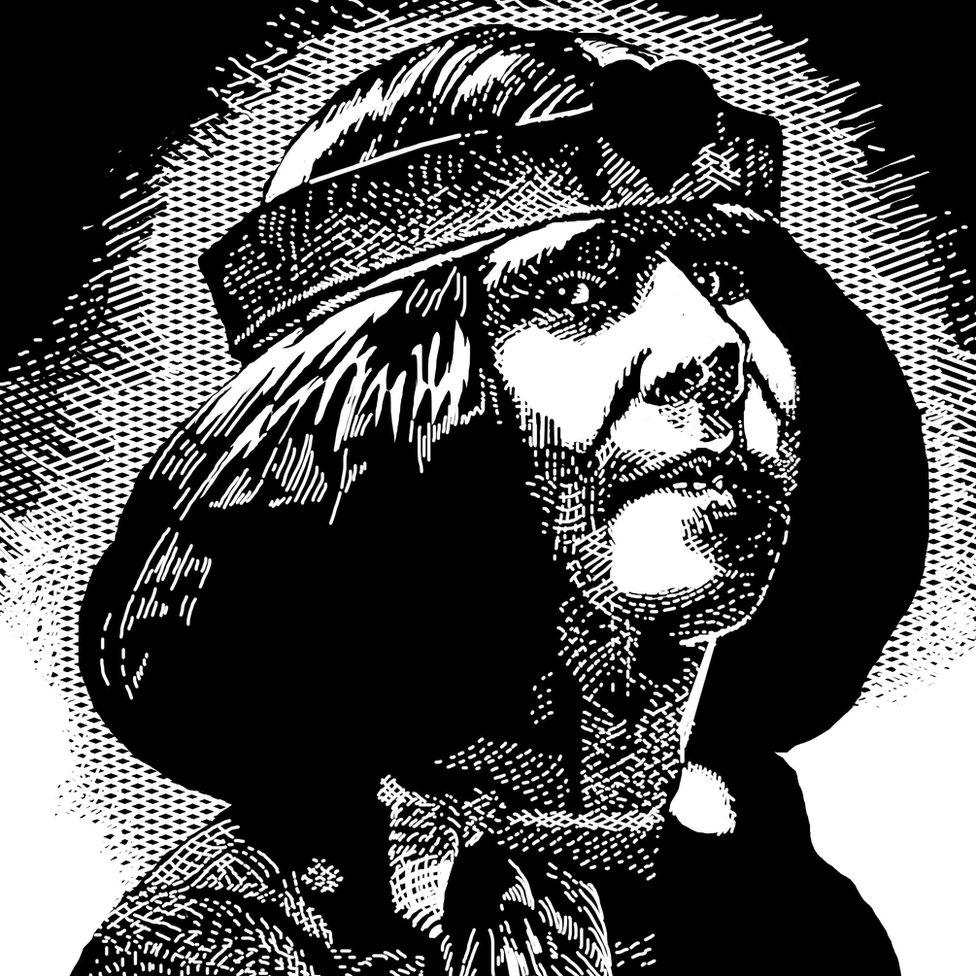
The wife of Charles Rennie Mackintosh was a naturally gifted and innovative artist in her own right.
Her design work was one of the defining features of the "Glasgow style" during the 1890s, and Charles himself said he owed much of his success to his wife.
Watch a clip examining her work from BBC Two's Mr and Mrs Mackintosh here.

Màiri Mhòr nan Òran (1821-1898)
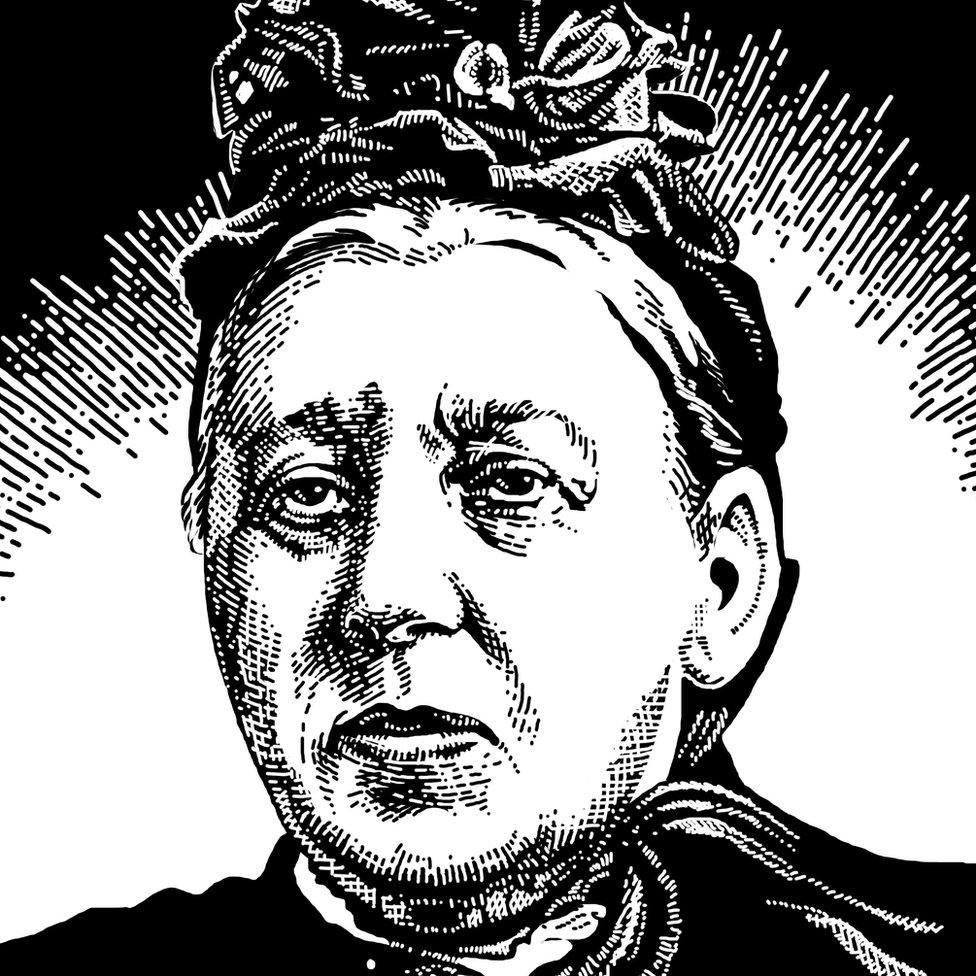
Màiri Mhòr nan Òran - Big Mary of the Songs - was one of the most prolific Gaelic poets of the 19th century.
She appears to have found her voice relatively late in life, after being wrongly accused of theft and serving time in prison.
A nurse from Skye, her songs are said to have given voice to the victims of oppression and are still widely sung today.

Jean Redpath (1937-2014)
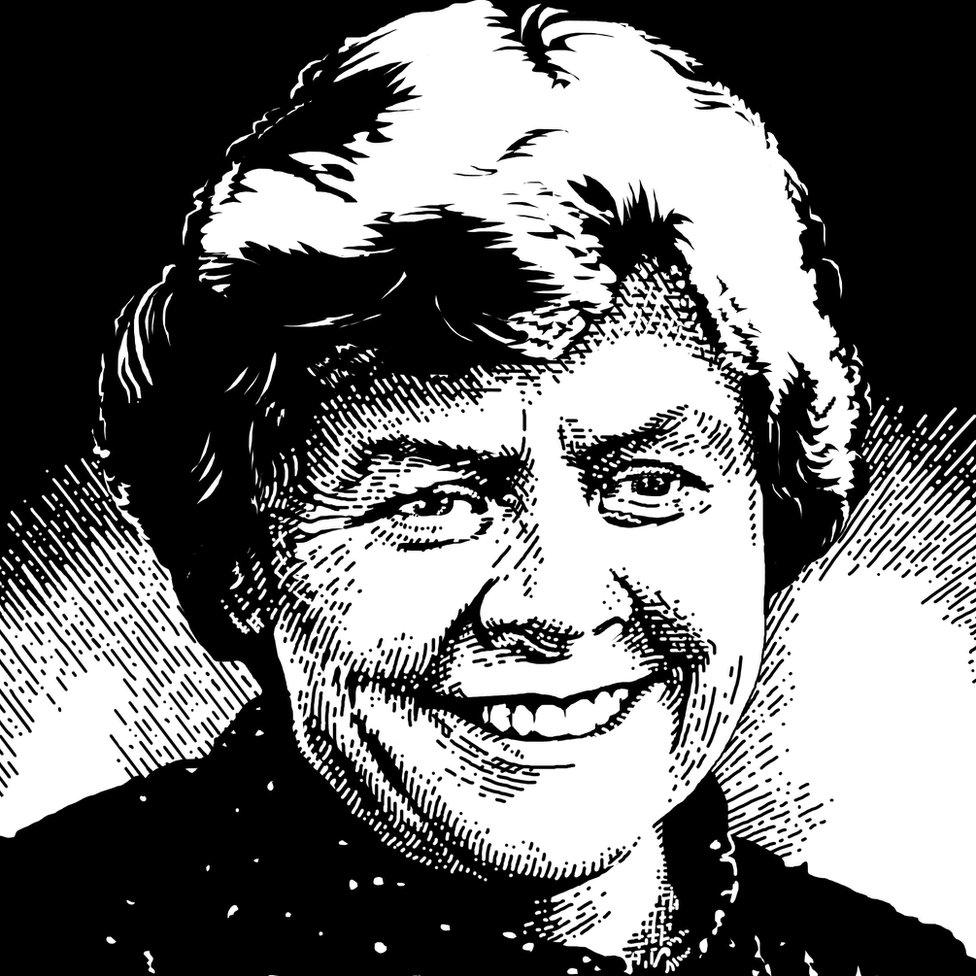
Despite having no formal training, for many Jean Redpath was the voice of Scots traditional song.
As well as being a renowned folk singer and musician, she was an ambassador for traditional Scots music.
She was awarded an MBE for services to music in 1987 and was inducted into the Scottish Traditional Music Hall of Fame in 2008.
Read more about Jean Redpath here.

Nancy Riach (1927 -1947)
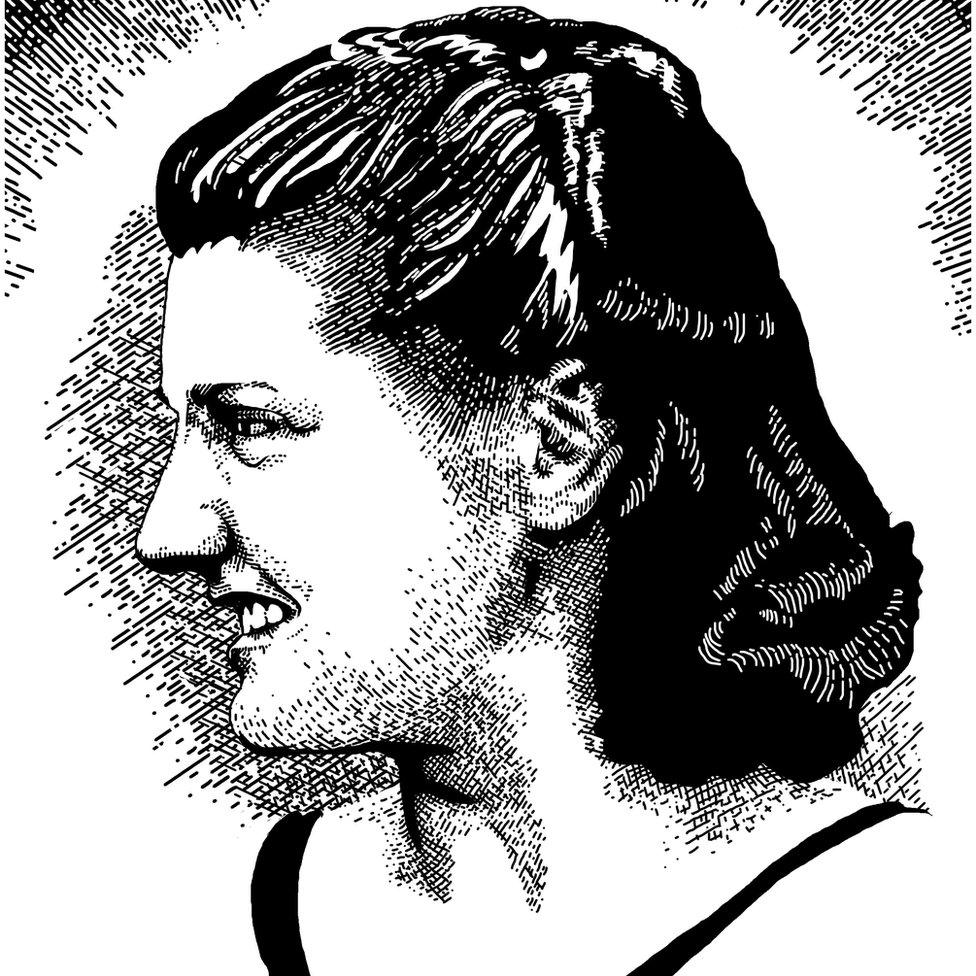
This champion swimmer held 28 Scottish and British swimming records by the time she was 17.
But her life was tragically cut short when she contracted polio aged 20, and lost her life to the disease.
After her death she was hailed as the finest swimmer that the British Empire ever produced.

Victoria Drummond (1894-1978)
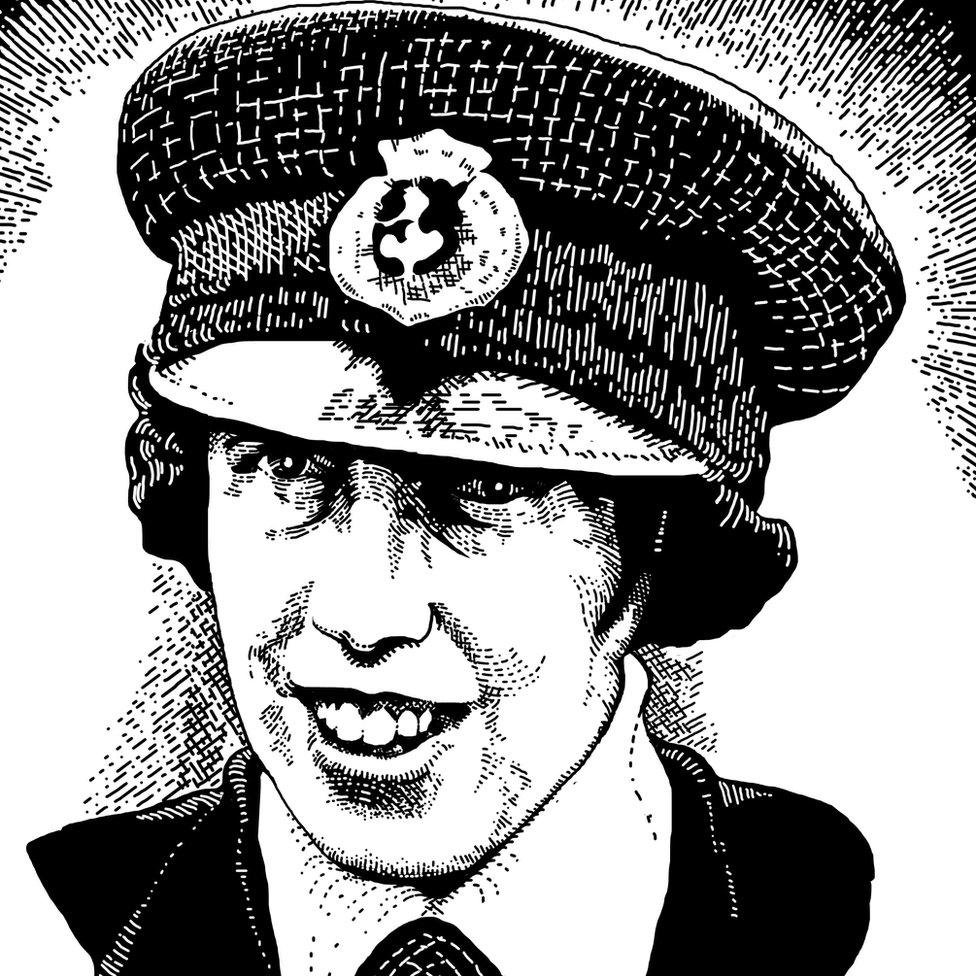
The god-daughter of Queen Victoria, this remarkable women made some astonishing achievements during her career in marine engineering.
Despite facing prejudice, she became the first woman marine engineer in Britain, the first British woman to serve as a Merchant Navy chief engineers, and the first woman member of the Institute of Engineers.
Her courage at sea during World War II saw her rewarded with an MBE and the Lloyd's War Medal for Bravery at Sea.
Find out more about Victoria Drummond at the National Library of Scotland, external.

Chrystal Macmillan (1872-1937)
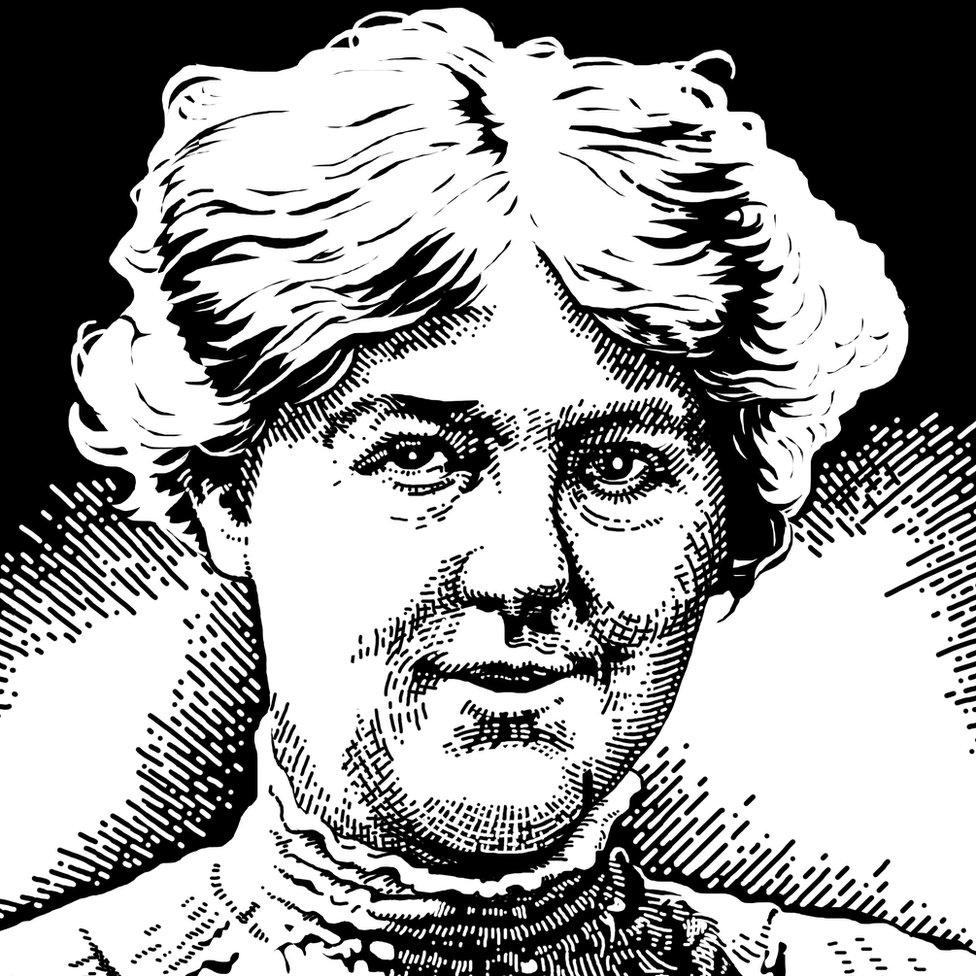
Chrystal Macmillan was a towering figure and a pioneer in education and law.
She became the first female science graduate from the University of Edinburgh, the first woman to plead a case at the House of Lords, and she was one of the founders of the Women's International League for Peace and Freedom.
She campaigned for the women's right to vote and a building in her name, external is now home to the University of Edinburgh's school of social and political science.

Dorothée Pullinger (1894 - 1986)
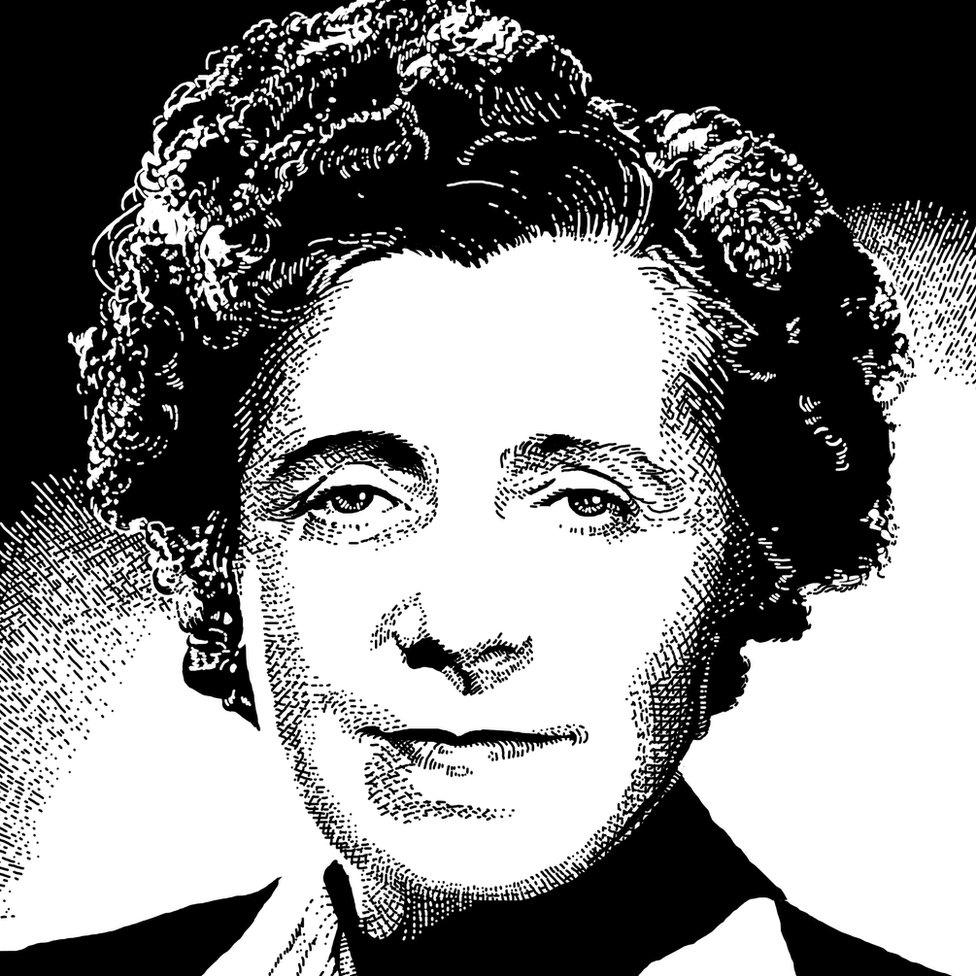
Dorothée Pullinger was another pioneer in the male-dominated engineering industry.
She is most famous for the Galloway Car - a vehicle made by women in south-west Scotland for women around the world.
But during World War One she was responsible for 7,000 women employed in manufacturing high explosive shalls at Vickers in Barrow-in Furness.
And in World War Two, she managed 13 factories.

Mary Somerville (1780-1872)
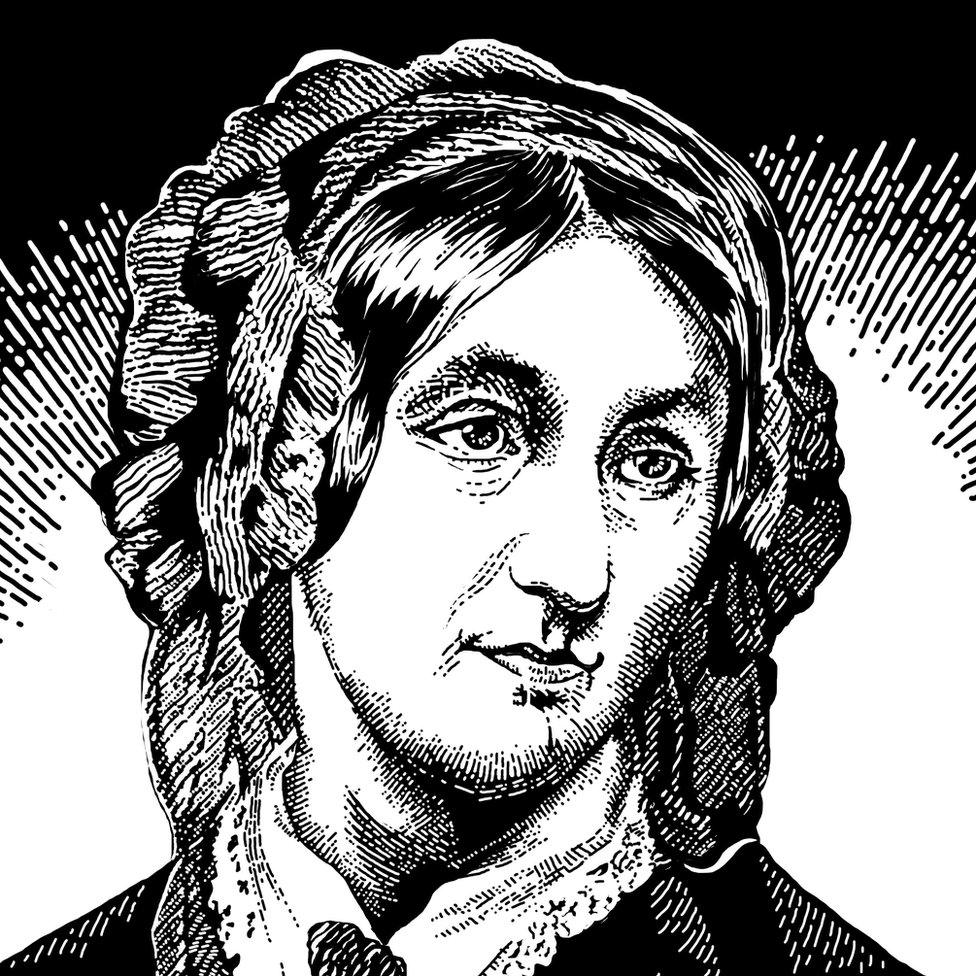
An outstanding mathematician, astronomer, scientist and writer, Mary Somerville's achievements have recently been recognised by the Royal Bank of Scotland.
They announced last year that she would be the face on the new £10 note.
During her life, she was one of the first women elected as honorary members of the Royal Astronomical Society. Somerville College at Oxford was also named after her., external

Elsie Inglis (1864-1917)
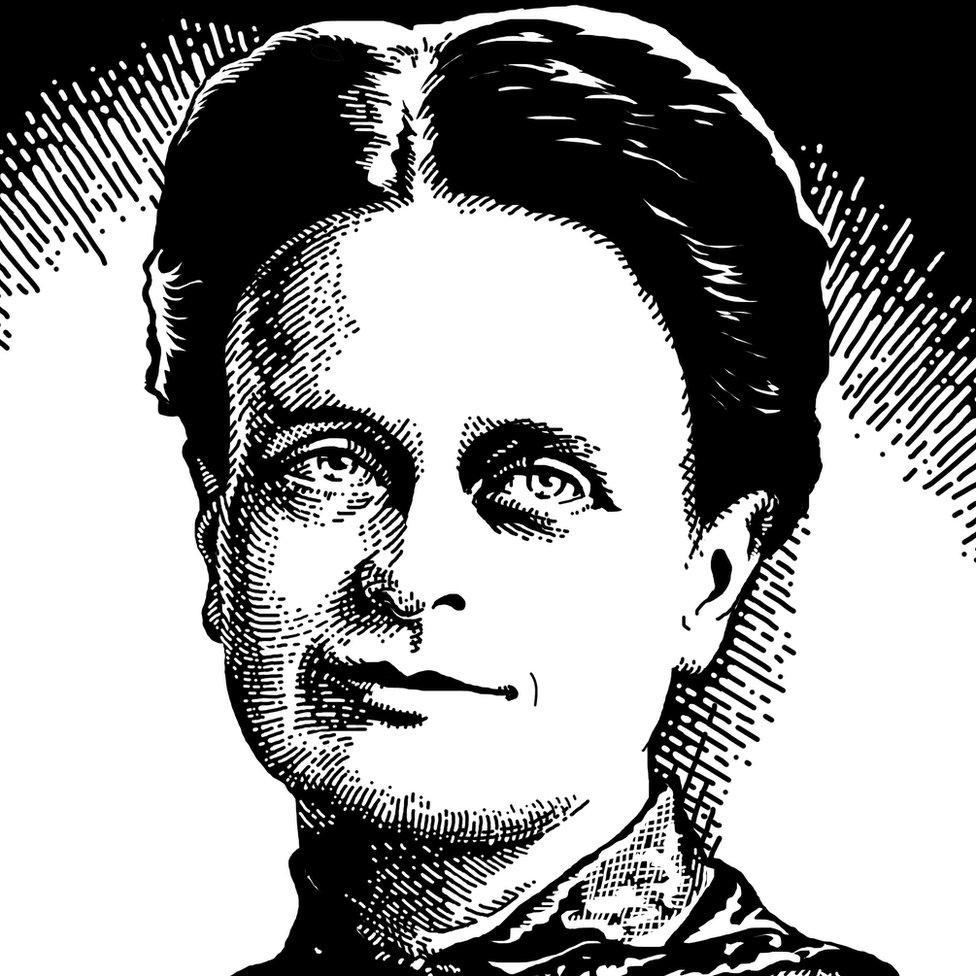
After qualifying as a physician in the unwelcoming, male-dominated world of medicine, Elsie Inglis established a maternity hospital in Edinburgh.
As well as campaigning for women's voting rights, she went on to found women's hospitals in war zones across Europe before her death in 1917.
During her lifetime she was held in particularly high regard in Serbia, where she was awarded the Serbian Order of the White Eagle in 1916.

Sophia Jex-Blake (1840-1912)
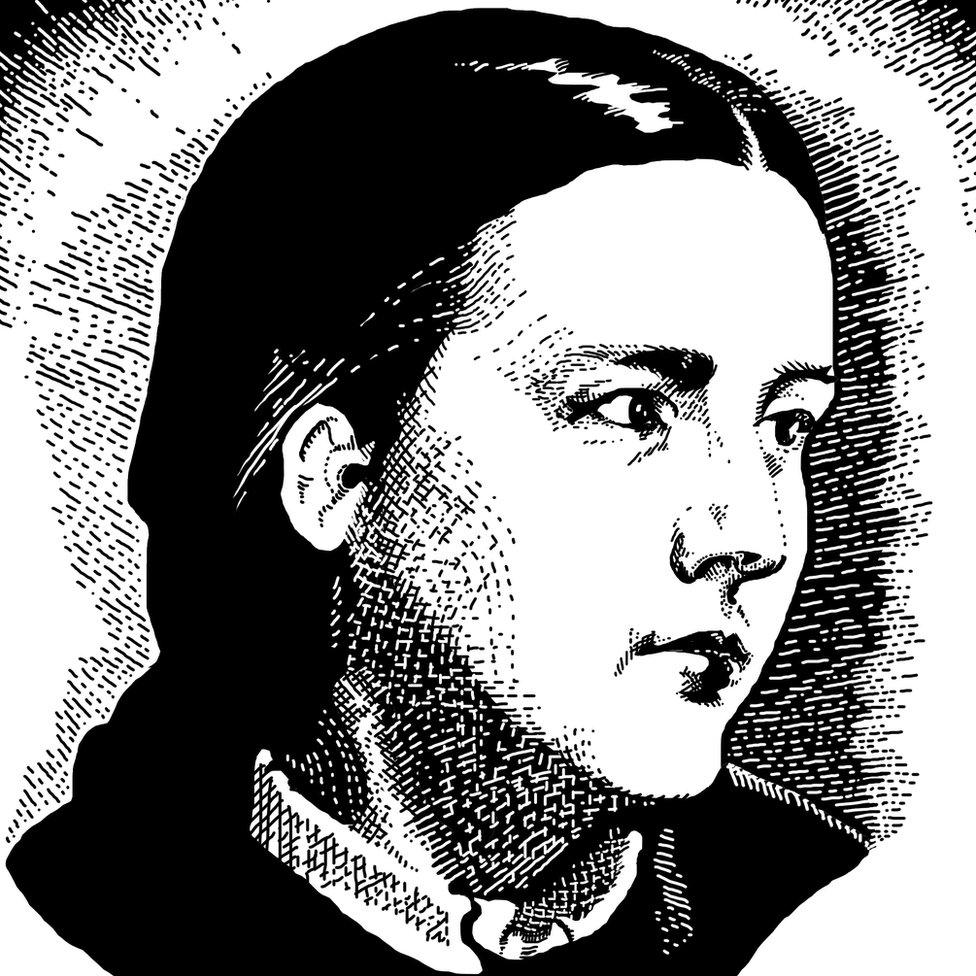
Sophia Jex-Blake was refused entry to Harvard to study medicine because she was a woman; when she eventually gained entry to the University of Edinburgh, she was effectively barred from graduating. , external
She showed remarkable tenacity however and eventually qualified as a doctor in Switzerland.
Following that, she had a remarkable career. She founded a medical practice in Edinburgh, the Edinburgh Hospital and Dispensary for Women and Children (later the Bruntsfield Hospital), and the Edinburgh School of Medicine for Women.

Maggie Keswick Jencks (1941-1995)
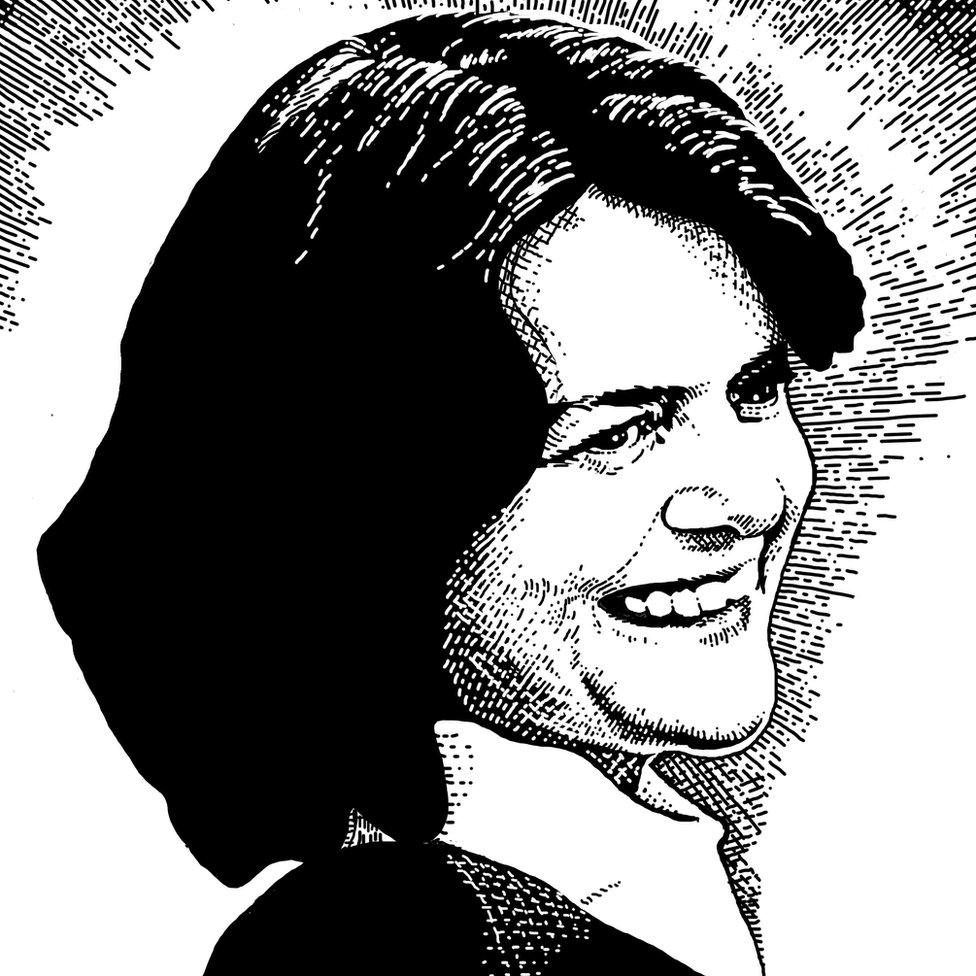
A writer, gardener and designer, Maggie Keswick Jencks designed the blueprint for the Maggie's Centres, external.
They offer practical, emotional and social support for people diagnosed with cancer, their families and friends.
There are now about 20 Maggie's Centres across the UK.

Jane Haining (1897-1944)
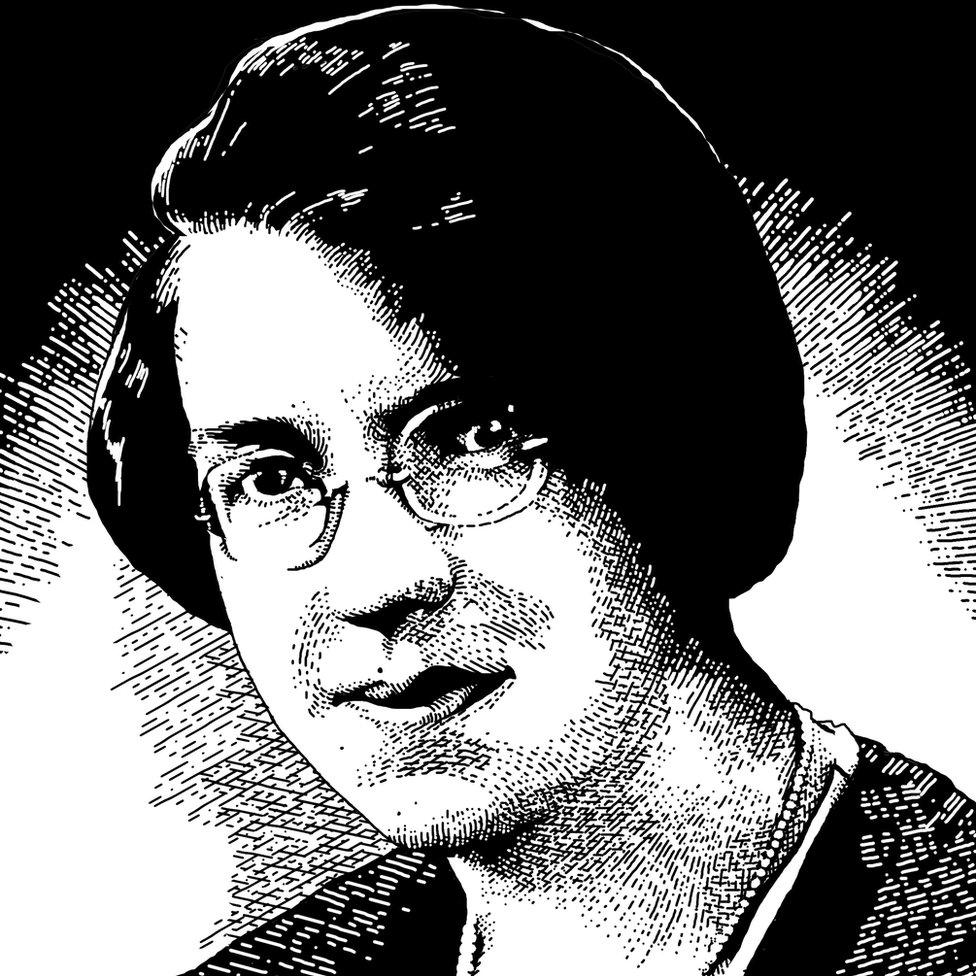
Jane Haining was a Church of Scotland missionary and matron of the Jewish Girls' Home in Budapest.
When World War II broke out, she defied orders to return to Scotland and she stayed with the children for four years.
She was eventually arrested by the Gestapo and she died at Auschwitz. She was the only Scot to be honoured for giving her life for the Jews in the Holocaust.

Christian Maclagan (1811-1901)
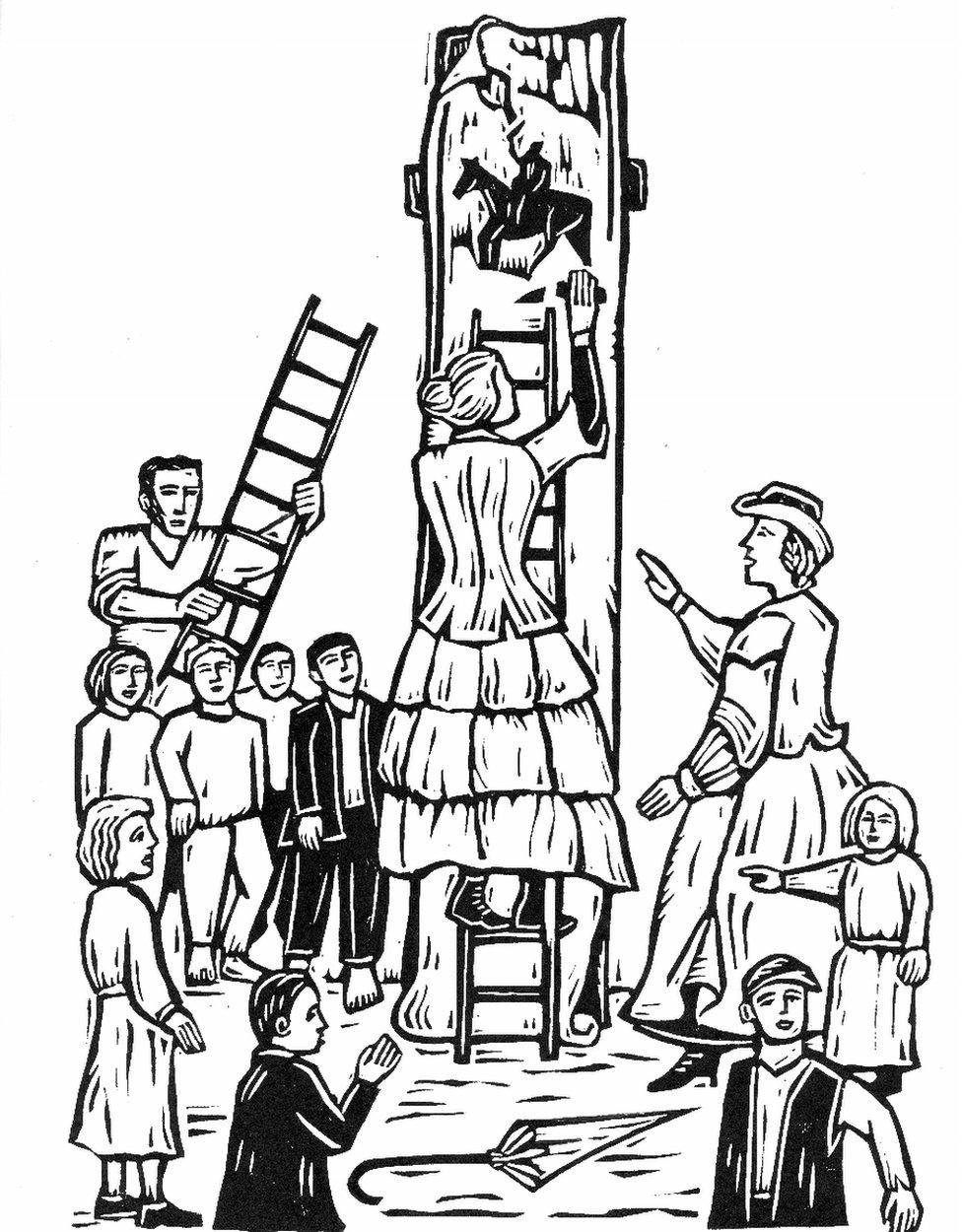
Christian Maclagan was arguable Scotland's first female archaeologist.
Despite her extensive work and important discoveries, she was denied full membership of the Society of Antiquaries of Scotland because she was a woman.
She also devoted much of her life to alleviating poverty in Stirling - her hometown - and providing adequate housing.

Mary Slessor (1848-1915)
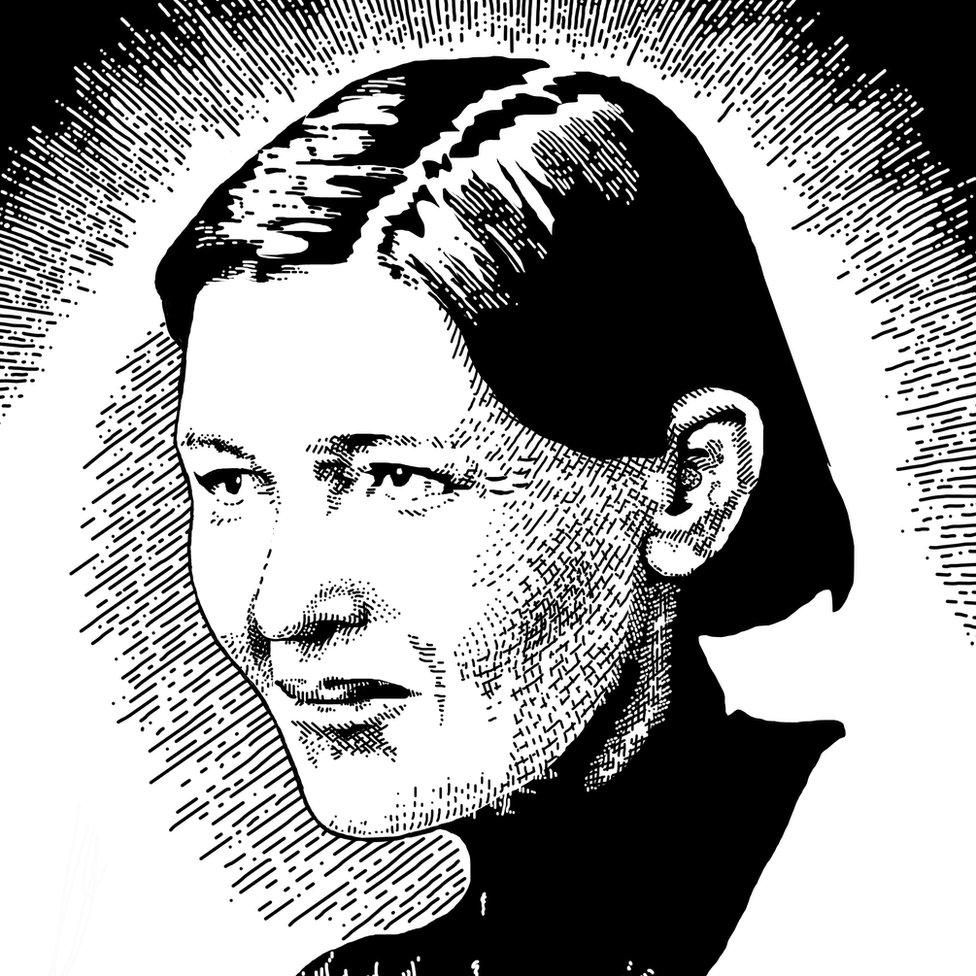
Mary Slessor was inspired by Scottish missionary David Livingston to dedicate her life to service.
She worked tirelessly to improve the quality of life for native people in Calabar, Nigeria, against a background of prejudice and opposition.
In 1913 the British government awarded her an Honorary Associate of the Order of Saint John of Jerusalem.
